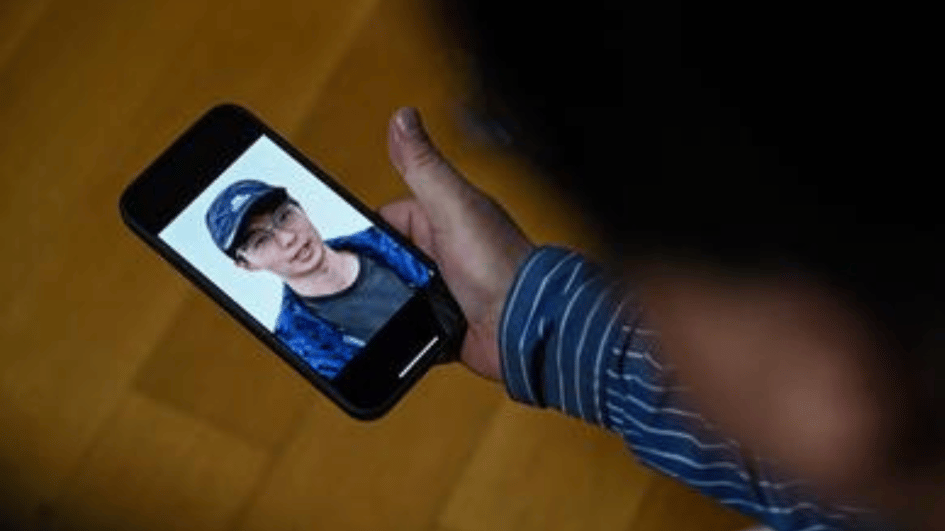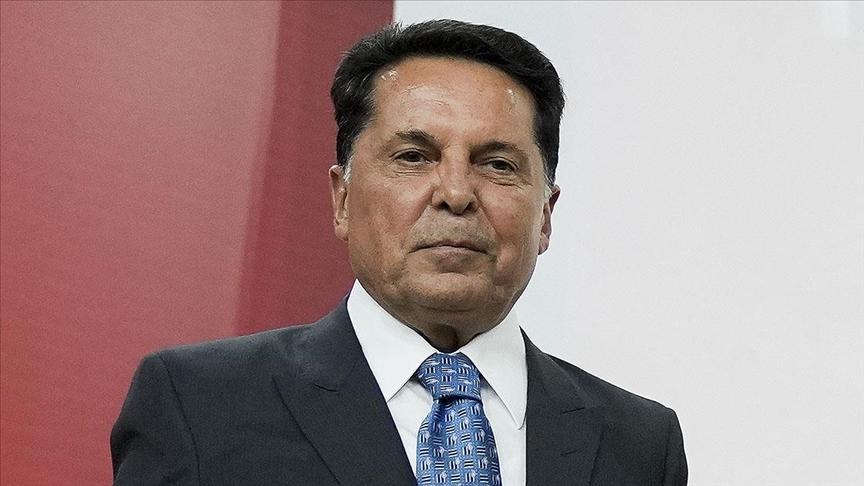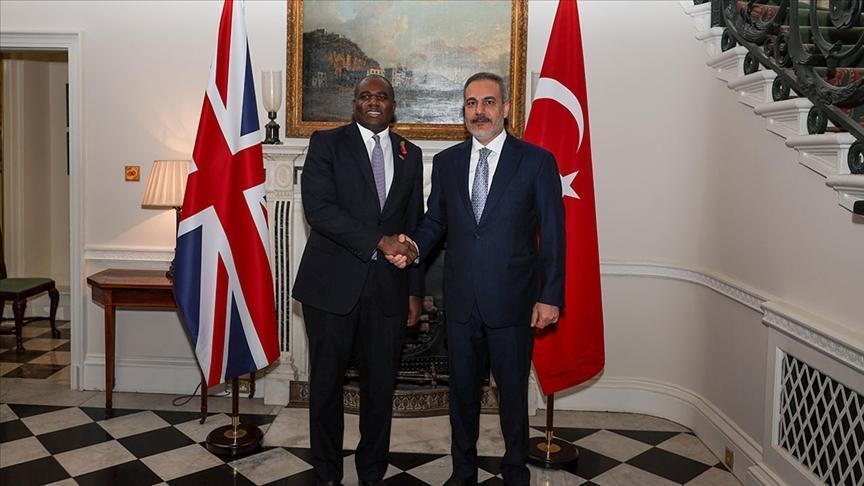Chinese mourners use AI to digitally resurrect dead
TAIZHOU

At a quiet cemetery in eastern China, bereaved father Seakoo Wu pulls out his phone, places it on a gravestone and plays a recording of his son.
They are words that the late student never spoke, but brought into being with artificial intelligence.
"I know you're in great pain every day because of me, and feel guilty and helpless," intones Xuanmo in a slightly robotic voice.
"Even though I can't be by your side ever again, my soul is still in this world, accompanying you through life."
Stricken by grief, Wu and his wife have joined a growing number of Chinese people turning to AI technology to create lifelike avatars of their departed.
Ultimately Wu wants to build a fully realistic replica that behaves just like his dead son but dwells in virtual reality.
"Once we synchronise reality and the metaverse, I'll have my son with me again," Wu said.
"I can train him... so that when he sees me, he knows I'm his father."
Some Chinese firms claim to have created thousands of "digital people" from as little as 30 seconds of audiovisual material of the deceased.
Experts say they can offer much-needed comfort for people devastated by the loss of loved ones.
But they also evoke an unsettling theme from the British sci-fi series "Black Mirror" in which people rely on advanced AI for bereavement support.
Wu and his wife were devastated when Xuanmo, their only child, died of a sudden stroke last year at the age of 22 while attending Exeter University in Britain.
The accounting and finance student, keen sportsman and posthumous organ donor "had such a rich and varied life", said Wu.
"He always carried in him this desire to help people and a sense of right and wrong," he told AFP.
Following a boom in deep learning technologies like ChatGPT in China, Wu began researching ways to resurrect him.
He gathered photos, videos and audio recordings of his son, and spent thousands of dollars hiring AI firms that cloned Xuanmo's face and voice.
The results so far are rudimentary, but he has also set up a work team to create a database containing vast amounts of information on his son.
Wu hopes to feed it into powerful algorithms to create an avatar capable of copying his son's thinking and speech patterns with extreme precision.
Several companies specializing in so-called "ghost bots" have emerged in the United States in recent years.
But the industry is booming in China, according to Zhang Zewei, the founder of the AI firm Super Brain and a former collaborator with Wu.
"On AI technology, China is in the highest class worldwide," said Zhang from a workspace in the eastern city of Jingjiang.
"And there are so many people in China, many with emotional needs, which gives us an advantage when it comes to market demand."
















